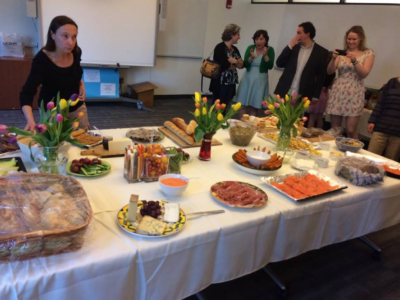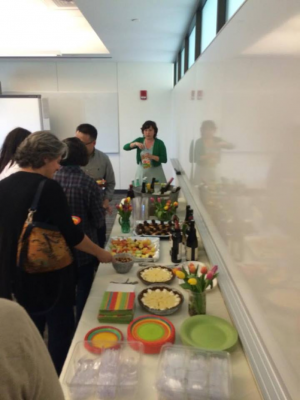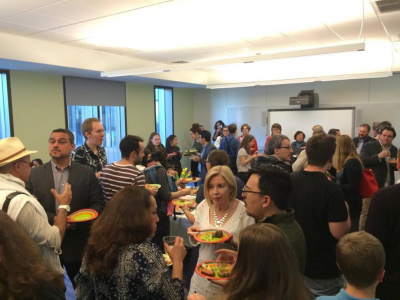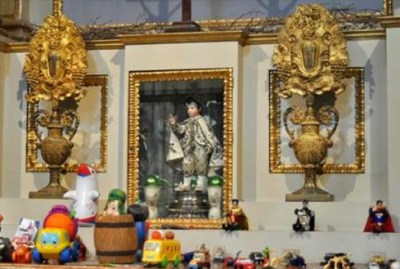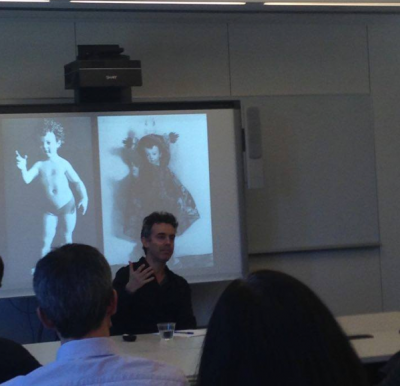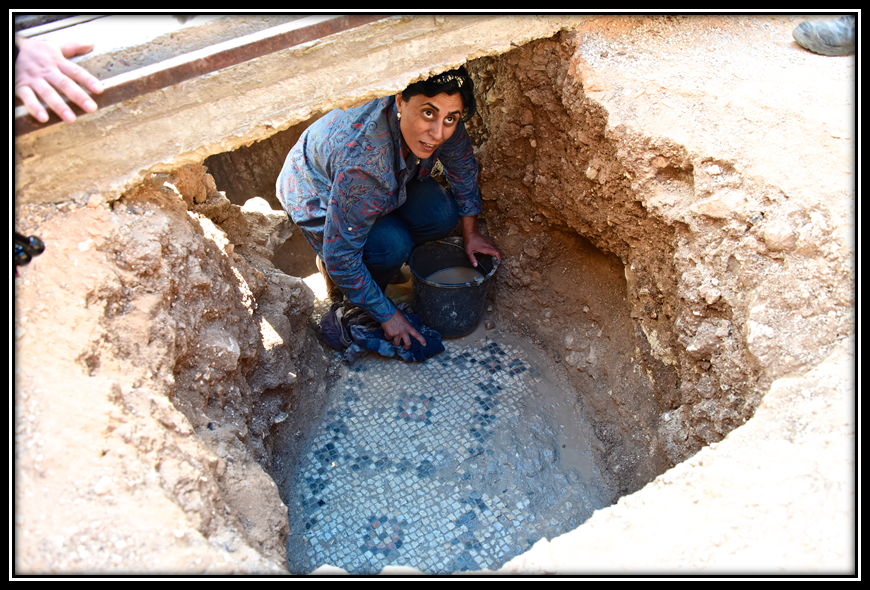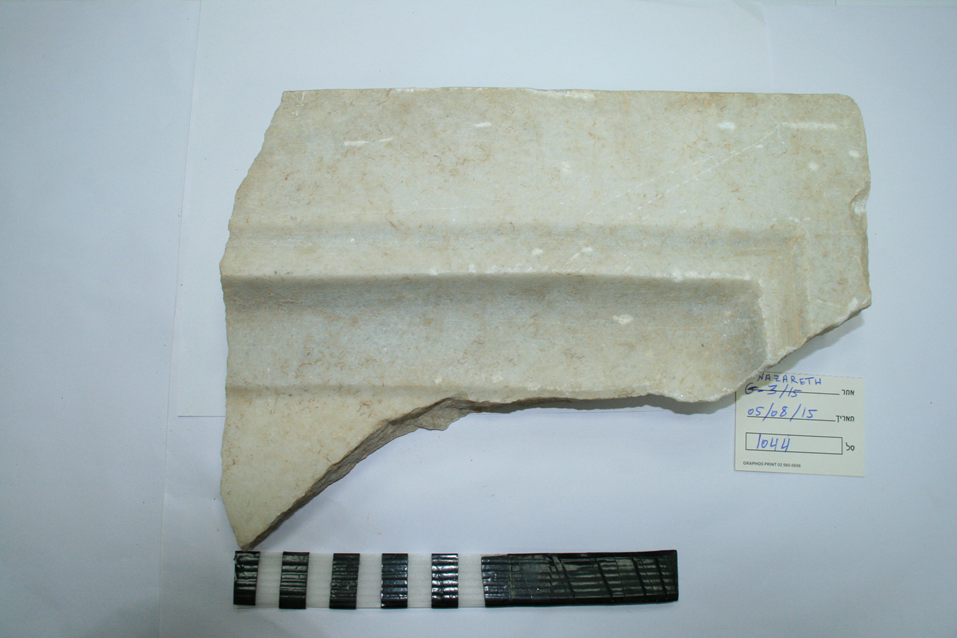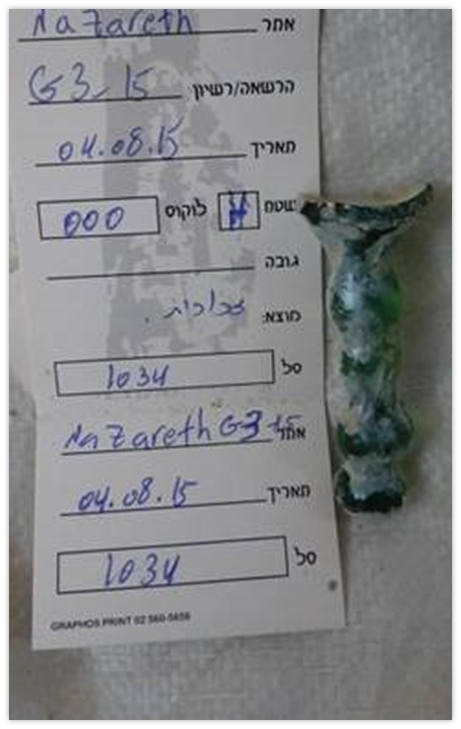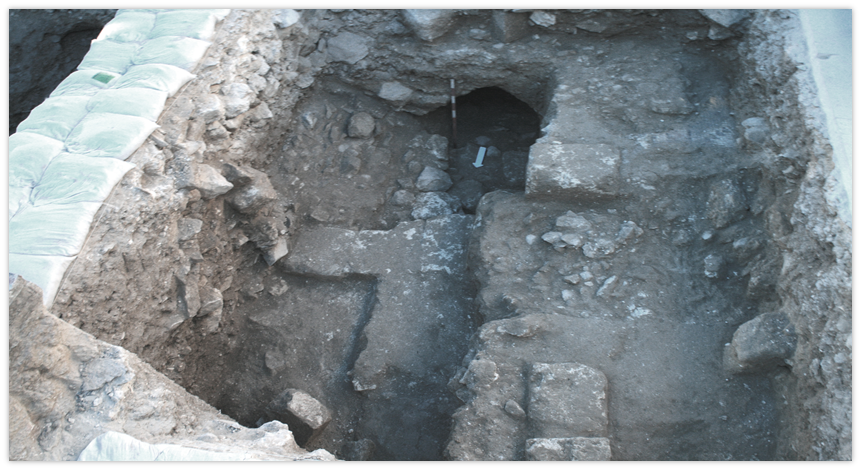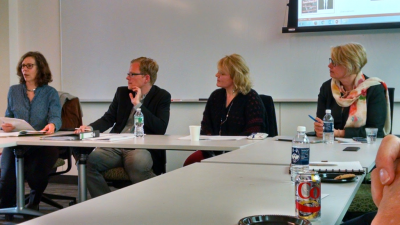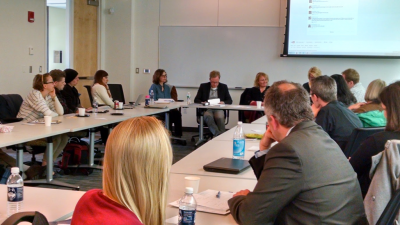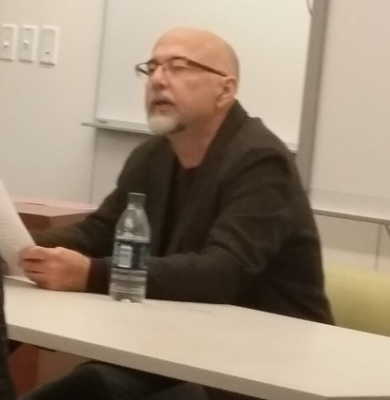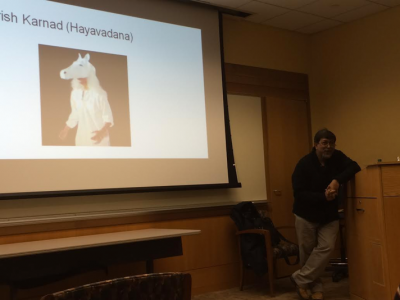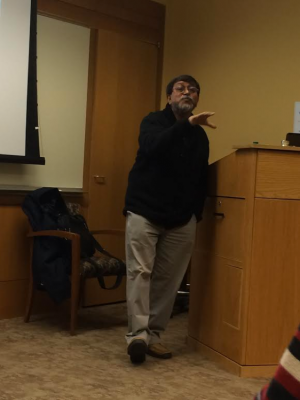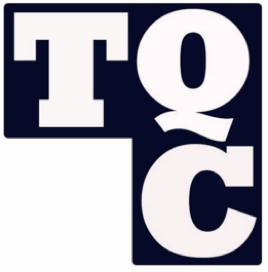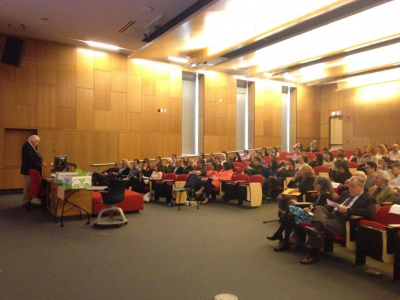 The Department of Literatures, Cultures, and Languages was pleased to host a large crowd on April 27th at the annual LCL Undergraduate Award Ceremony. Among those present to congratulate this year’s crop of outstanding students was Guest of Honor Justice William P. Robinson III, Supreme Court Justice of the State of Rhode Island and UConn Alumnus (PhD French). LCL is proud to acknowledge the achievements of the following recipients:
The Department of Literatures, Cultures, and Languages was pleased to host a large crowd on April 27th at the annual LCL Undergraduate Award Ceremony. Among those present to congratulate this year’s crop of outstanding students was Guest of Honor Justice William P. Robinson III, Supreme Court Justice of the State of Rhode Island and UConn Alumnus (PhD French). LCL is proud to acknowledge the achievements of the following recipients:
AWARD IN ARABIC STUDIES
Excellence in Arabic Language:
John Thomas Ciurylo
AWARDS IN CHINESE STUDIES
Excellence in Chinese:
Hans Rutgers Massaquoi
Michael Cala
Caitlyn Durfee
Harrison Hall
Laura Madeline Jones
Maya Munstermann
Emily Prue
AWARD IN CLASSICS & ANCIENT MEDITERRANEAN STUDIES
The Allen M. Ward Prize in Ancient Greek
Alyssa Luis
AWARDS IN FRENCH STUDIES
The Gene J. Barberet and B. June Gilliam Scholarship
Justine Plourde
The Fannie Hatheway Boss Prizes
Lucas Bladen
Betty Noe
The Marie Naudin Award
Carmen Hatchell
The Paul and Joan Meyer Award
Jane Eklund
The Dr. Gene J. Barberet Award
Daniela Doncel
AWARDS IN GERMAN STUDIES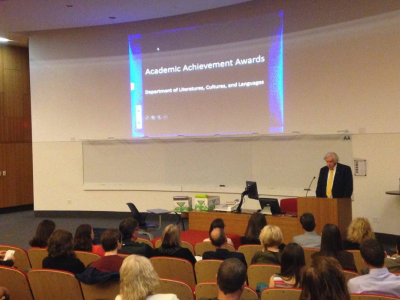
The Marlis Zeller Cambon Scholarship
Jessica Rehaag
The Lederer Prize
Alison Hosey
Excellence in German in the Eurotech Program
Brian Sheehan
State of Baden-Wuerttemberg Study Abroad Scholarships
Siena Biales
Nikita Noskov
Hubert Bis
Donald O’Boyle III
Travis Braisted
Nicholas Oliveira
Josiah Butler
Paige Orlofsky
Hayden Clarkin
Carolynn Pahner
Justin Claspell
Chanhyun Park
John Galligan
Maria Rozman
Conor Glettenberg
Kyle Sanford
Alison Hosey
Sydney Smith-Romanski
Dustin Kaiser
Christian Schirmer
Amber Levasseur
Katherine Stone
Thomas McMorrow
Philip Syrrist
Owen Wilcox
AWARDS IN HEBREW & JUDAIC STUDIES
Sylvia and Leo Dashefsky Award fo
r Excellence in Hebrew Studies
Lea Anne Toubiana
The Cohen‐Henes Award
Kerry Carnahan
Seliger Holocaust Studies Award
Lorraine Gordon
AWARDS IN ITALIAN LITERARY & CULTURAL STUDIES
The Friends of Franco Masciandaro Award
Danielle Ullo
The Glauco Cambon Memorial Scholarship
Jacqueline Bodnar
AWARDS IN SPANISH STUDIES
Excellence in Spanish Prizes
Allison Battista
Carly Bernheimer
Christiana Field
Ryan Kauer
Matthew Kosior
Alexandra Leonelli
Andrew Lutz
Diana C. Macklem
Michael Mcguigan
Ariana Scurti
Emily Socha
John Sullivan
Jeffrey Tamucci
Jessica Tosti
DEPARTMENTAL AWARDS
Outstanding Senior Scholars
Chinese
Sean Lee
Classics & Ancient Mediterranean Studies
Andrew Harnedy
French
Michael Roy
German
Nicole Henry
Italian Literary & Cultural Studies
Larisa Virvo
Spanish
Paulina Rowe
The Chester Obuchowski Memorial Scholarship
Melissa Scarbrough (French)
Peri Stevens (Spanish)
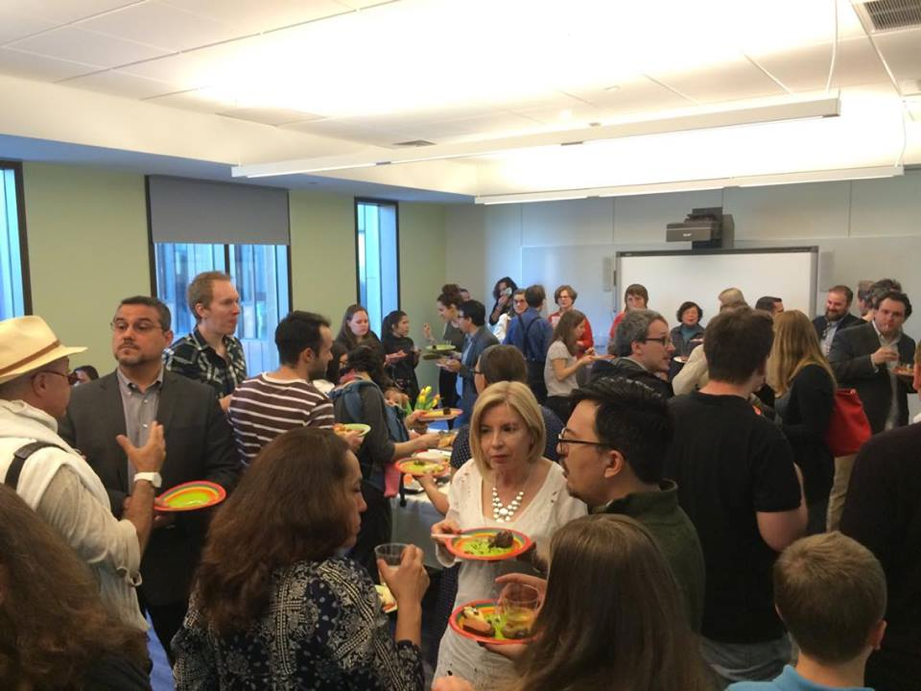 The Department of Literatures, Cultures, and Languages held its Graduate Student Awards Ceremony on Thursday, April 21st, welcoming students, staff, and faculty – along with friends and family – to honor some of the standout graduate students of the 2015-16 academic year. Department Head Gustavo Nanclares delivered some brief remarks and introduced the various award presenters, while Professor and recent Co-Head appointee Jennifer Terni oversaw the crowd’s enjoyment of her spectacularly orchestrated spread of food and drink. The Department is pleased congratulate the following award recipients:
The Department of Literatures, Cultures, and Languages held its Graduate Student Awards Ceremony on Thursday, April 21st, welcoming students, staff, and faculty – along with friends and family – to honor some of the standout graduate students of the 2015-16 academic year. Department Head Gustavo Nanclares delivered some brief remarks and introduced the various award presenters, while Professor and recent Co-Head appointee Jennifer Terni oversaw the crowd’s enjoyment of her spectacularly orchestrated spread of food and drink. The Department is pleased congratulate the following award recipients: